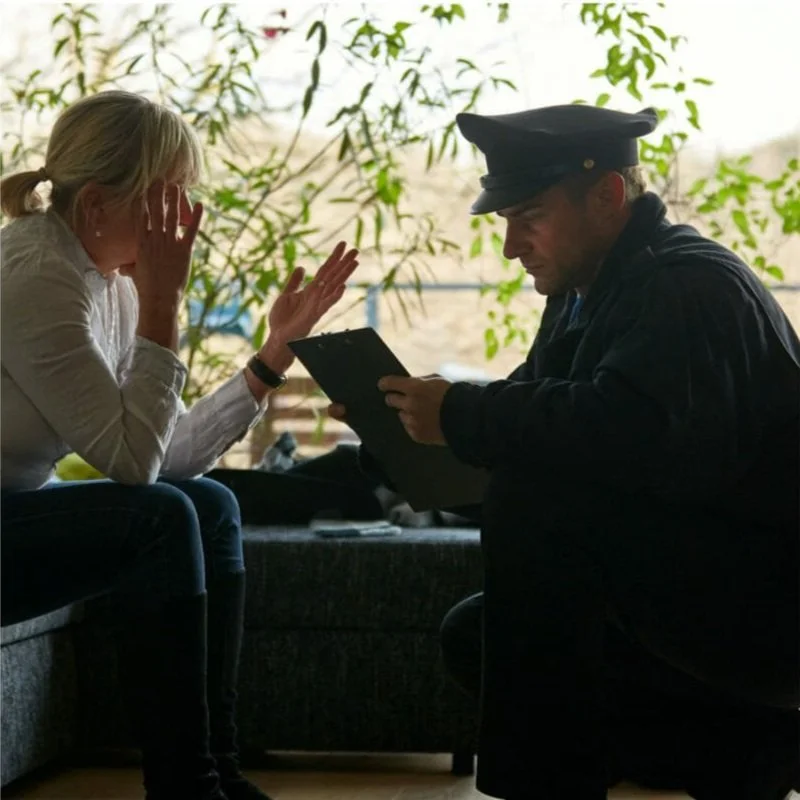
Investigating Sexual Assault
One doesn’t have to operate with great malice to do great harm.
Charles M. Blow
Non-stranger sexual assault cases are unlike any other criminal investigation and are some of the most difficult cases to investigate. Without an understanding of trauma, we risk harming the most important part of the investigation, the victim. Conducting a trauma-informed victim interview and a thorough investigation is paramount. A comprehensive understanding of trauma should be the foundation of every professional involved in these cases.
Adult sexual assault cases do not have to be “he said/she said”. Learn how to build a strong case by documenting where trauma manifests so that your victim’s statement is supported with corroborating evidence at trial.
In this training you will learn:
-
Sexual assault victims often suffer trauma that impacts their memories and their ability to recount events. Interviewing victims who have experienced trauma requires an understanding of the neurobiology of trauma to be successful.
-
Be introduced to a new approach to suspect interrogation that seeks information as much as a confession. Understand how communicating empathy keeps your suspect talking and increases the opportunities for corroboration and confessions.
-
Learn how to analyze your victim’s interview for manifestations of trauma. This provides non-traditional corroboration evidence which builds a stronger case.
-
Alcohol is a factor in many sexual assault cases. Intoxication presents challenges as it leaves our victims more vulnerable, can greatly affect their memory and even leave a victim incapacitated. Learn investigative strategies for cases that involve alcohol use by the victim and/or the suspect.
…and more

